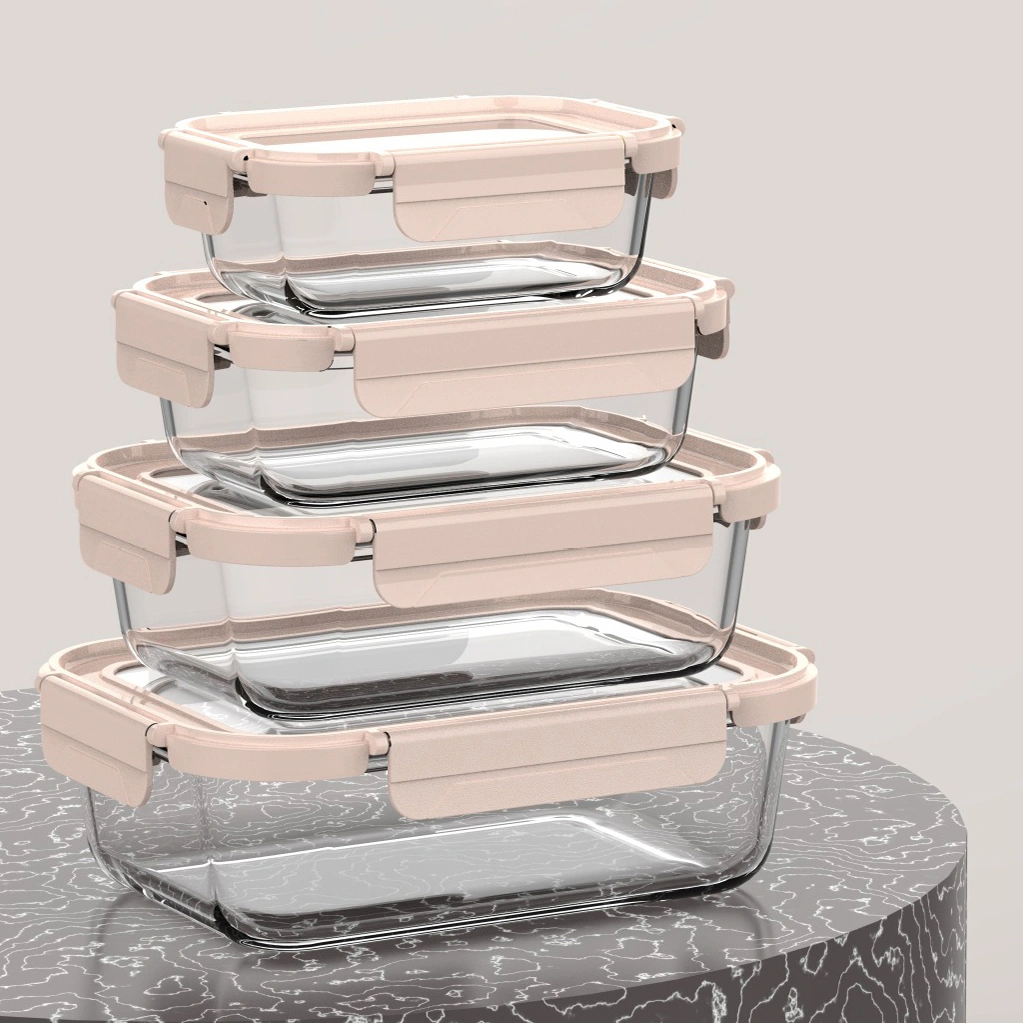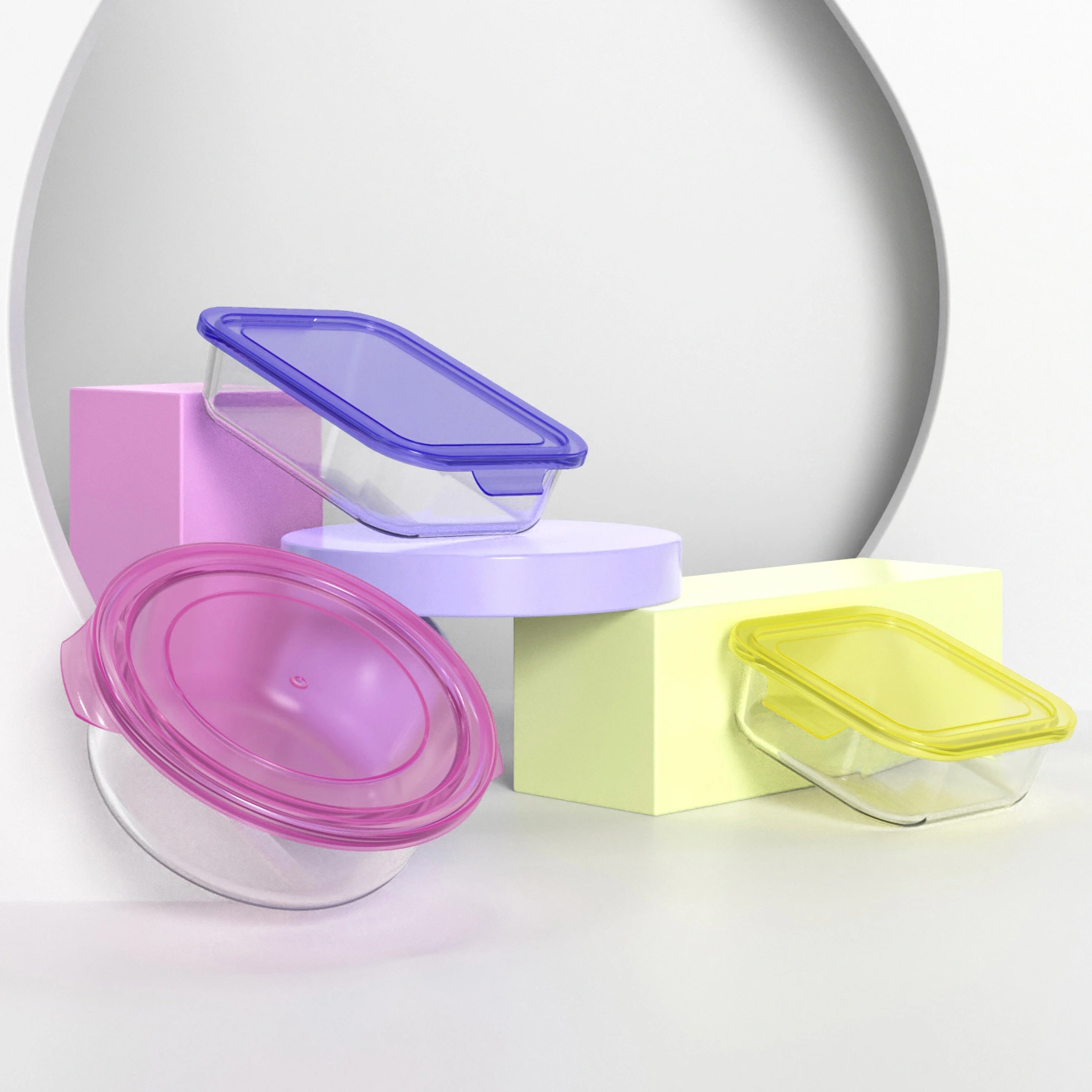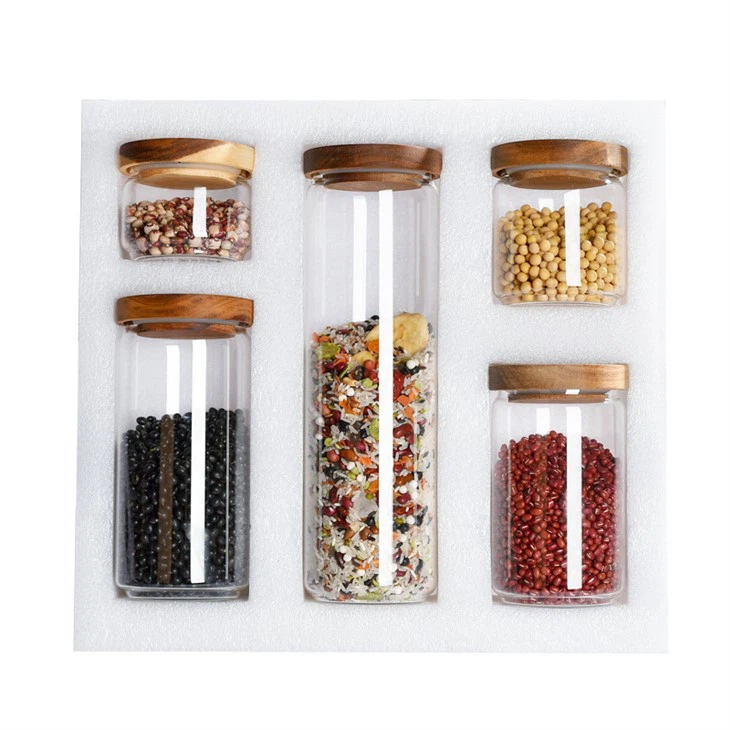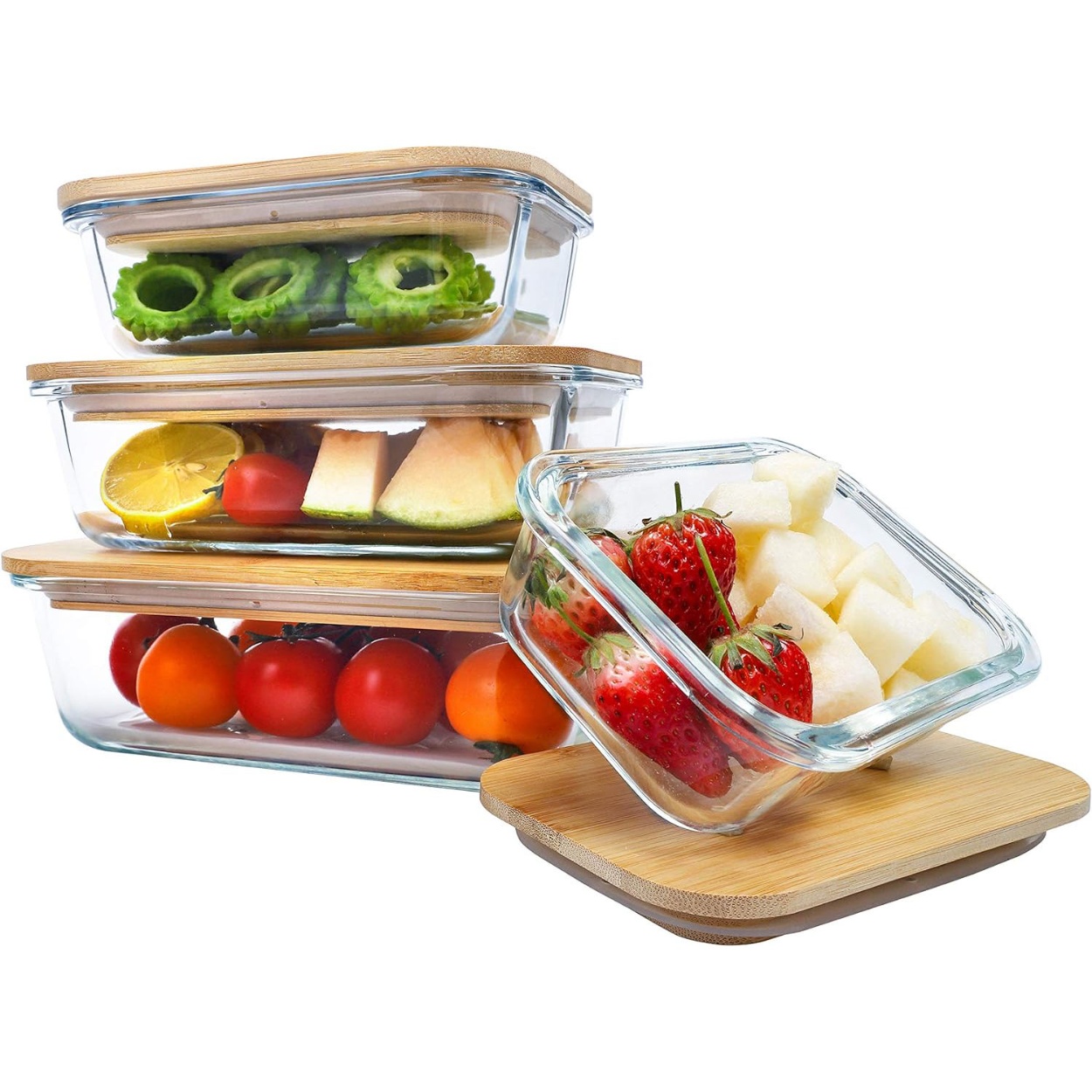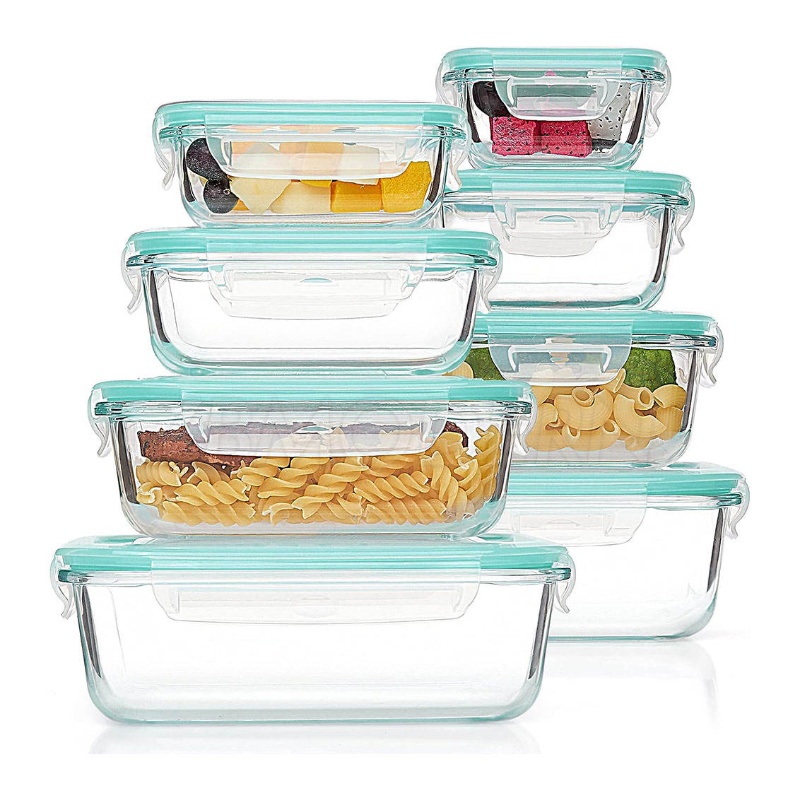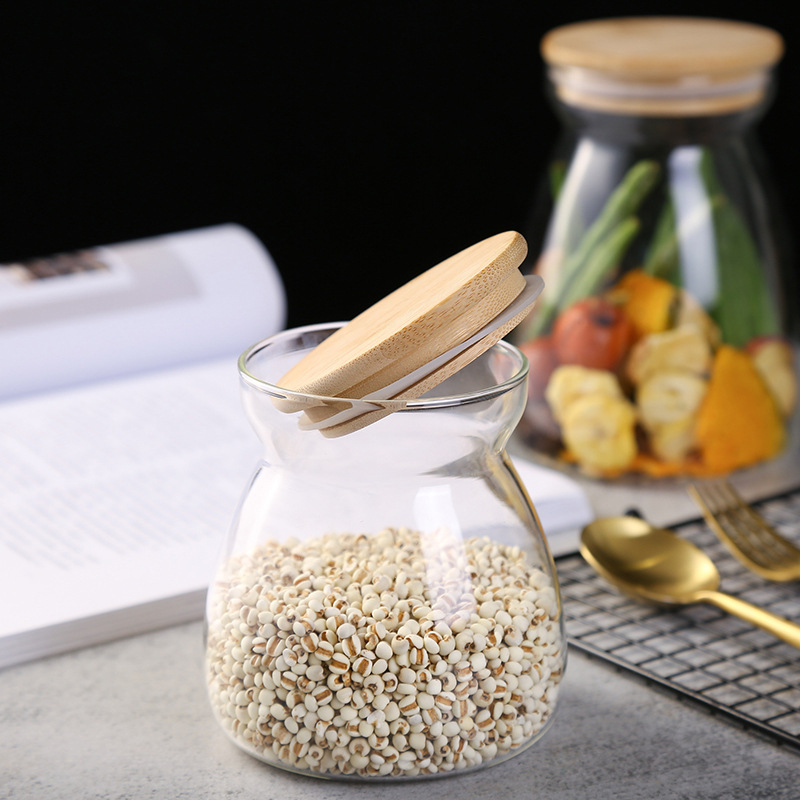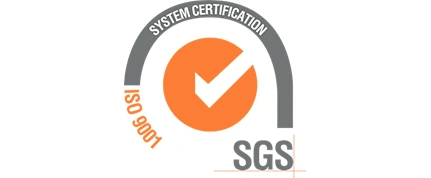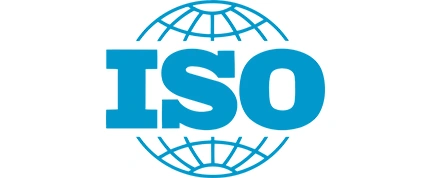Does Borosilicate Glass Contain Lead
Table of Contents
Understanding Borosilicate Glass
When it comes to home kitchen cooking and baking, many people prefer using glass container over plastic ones. Among the various types of glass available, high borosilicate glassware is often favored for its durability and heat resistance. However, some concerns have been raised about the potential presence of lead in borosilicate glass. Lead is a toxic substance that can have harmful effects on the body. So, does borosilicate glass contain lead? Let’s explore.
Composition of Borosilicate Glass
Ordinary glass, also known as soda-lime glass, does contain lead. In contrast, the primary components of high borosilicate glass are boron and silicon. This type of glass has a high silicon content and does not contain lead or other harmful substances. Its composition makes it highly resistant to temperature changes and acids, ensuring that no harmful substances leach into water or food when used in kitchenware.
Benefits and Uses of Borosilicate Glass
Borosilicate glass is renowned for its strength and thermal shock resistance. Unlike soda-lime glass, it can withstand extreme temperature changes without cracking. This makes it an excellent material for items like casserole dishes, pie plates, and even laboratory equipment. Here are some common uses:
Kitchenware: Used in baking dishes, food storage containers, jars, and coffee mug.
Laboratory Equipment: Essential for beakers, flasks, and test tubes due to its chemical stability.
Blender Jars: Durable enough to handle the rigors of blending.
Safety of Borosilicate Glass
Borosilicate glass is completely safe and non-toxic. It does not contain heavy metals like lead or cadmium, which are sometimes found in older glassware. Its durability ensures that it won’t crack or explode under thermal stress, making it safe for use in the oven, microwave, and dishwasher. The presence of boron in the glass prevents any leaching of chemicals into food and drinks, ensuring that it remains food-safe even when exposed to sunlight.
Additional Applications
Beyond kitchen and laboratory use, borosilicate glass is also favored in high-end restaurants and bars for its reliability and safety. While it is not unbreakable, it typically withstands blunt force better than soda-lime glass. This makes it less likely to break if accidentally dropped, providing peace of mind in both household and commercial settings.
Conclusion
In conclusion, borosilicate glass does not contain lead, making it a safe and reliable choice for kitchenware and other applications. Its high resistance to temperature changes, chemical stability, and durability make it an excellent material for everyday use. Whether you’re using it for baking, storage, or laboratory experiments, borosilicate glass offers a combination of safety and practicality that is hard to beat.
Newest Blog
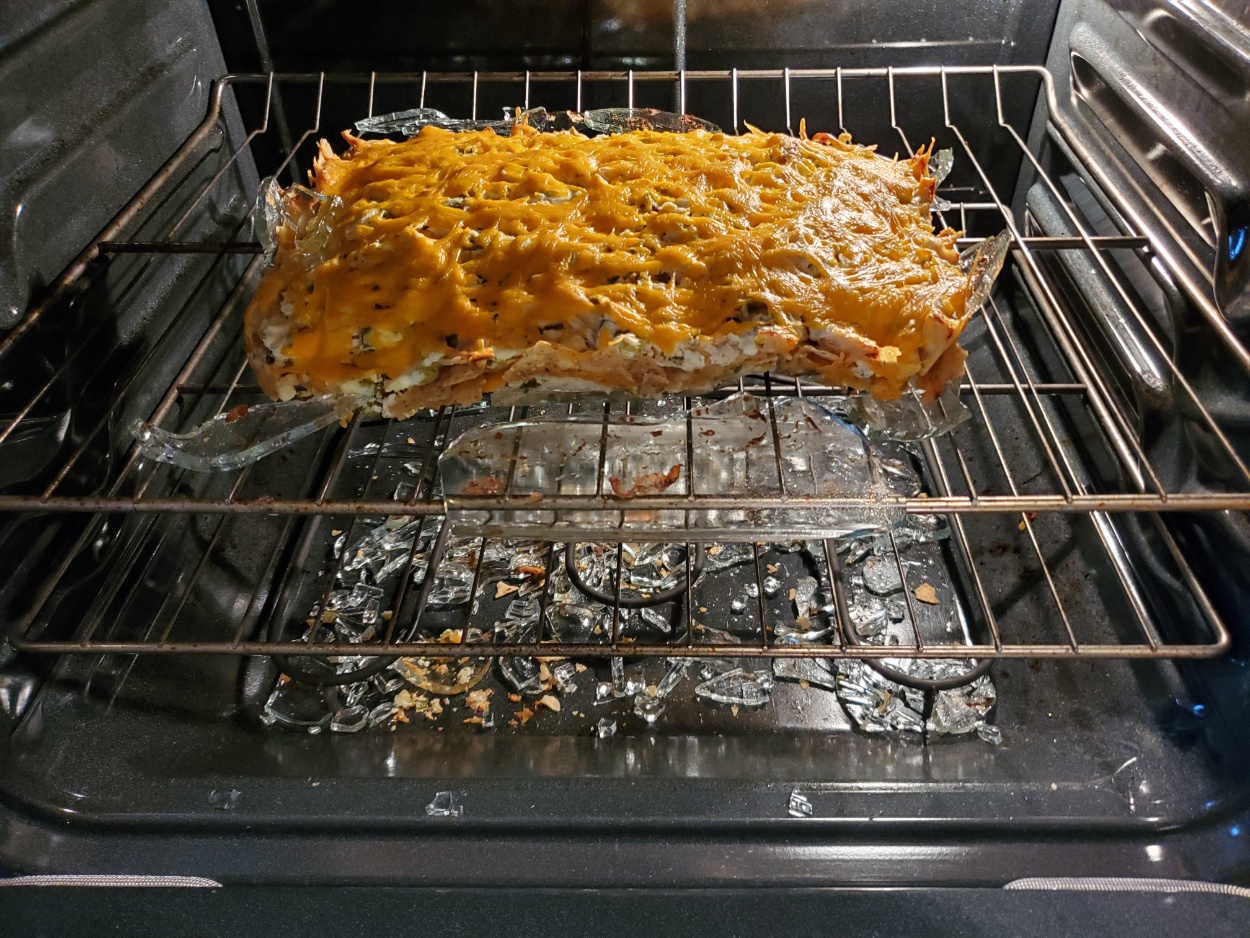
Is Glass Safe In The Oven?
Whether you’re a home cook or a business owner sourcing from a glass lunch box factory, understanding the nuances of oven-safe glass is crucial. We’ll explore the world of durable and reliable custom glass food container options, ensuring you make informed decisions.
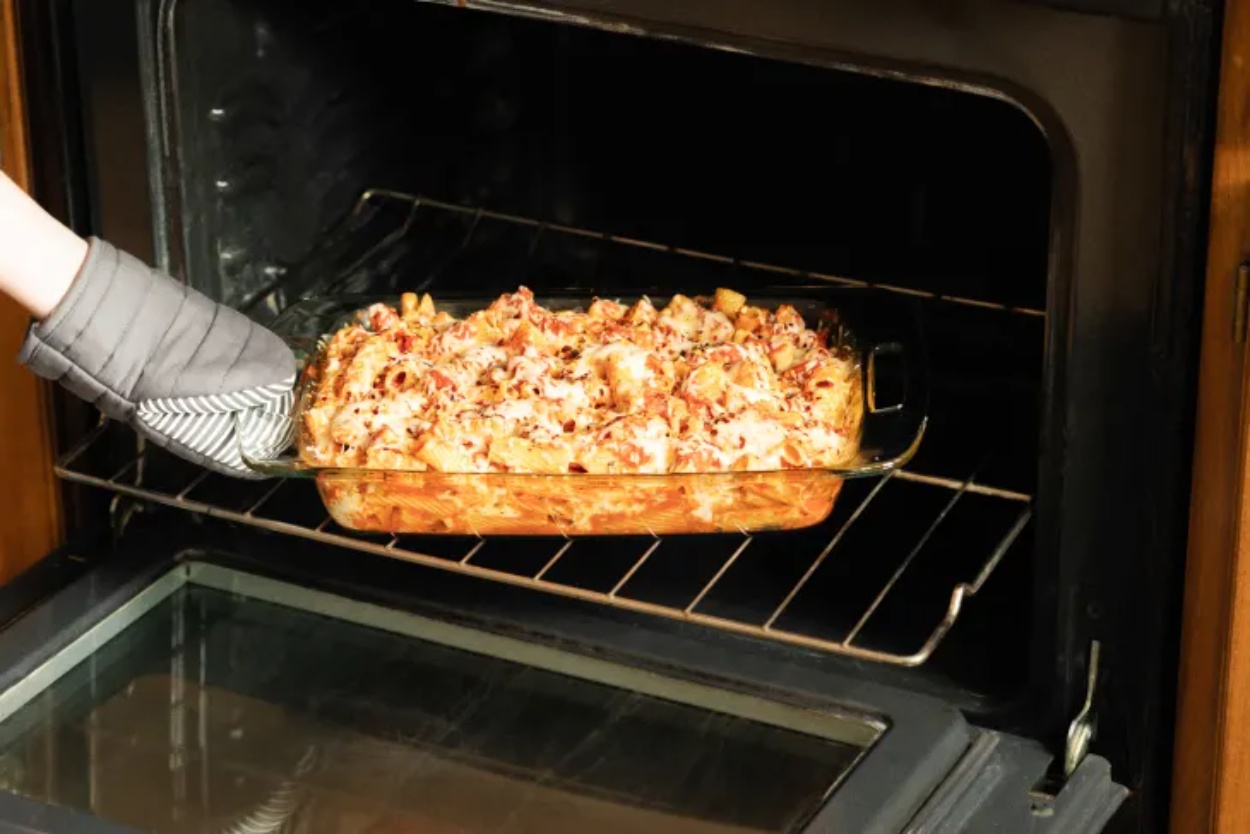
Can You Put Glass In The Oven?
We’ll explore why choosing the right type of glass, particularly from a reliable China glassware factory, is so important, especially if you’re looking for custom glass food storage containers or even a glass lunch box factory.
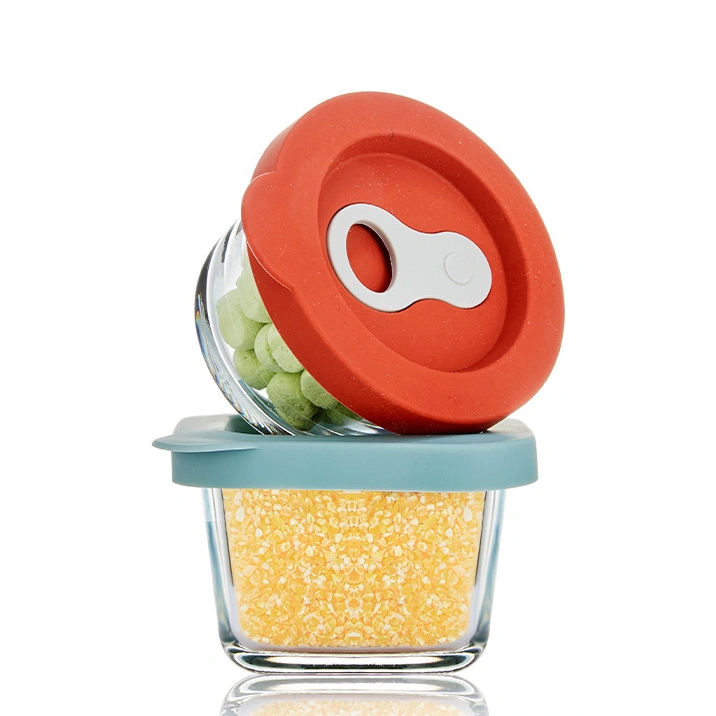
What To Do With Small Glass Containers?
From baby food meal prep, storing leftovers to organizing your craft supplies, small glass containers are super handy!

